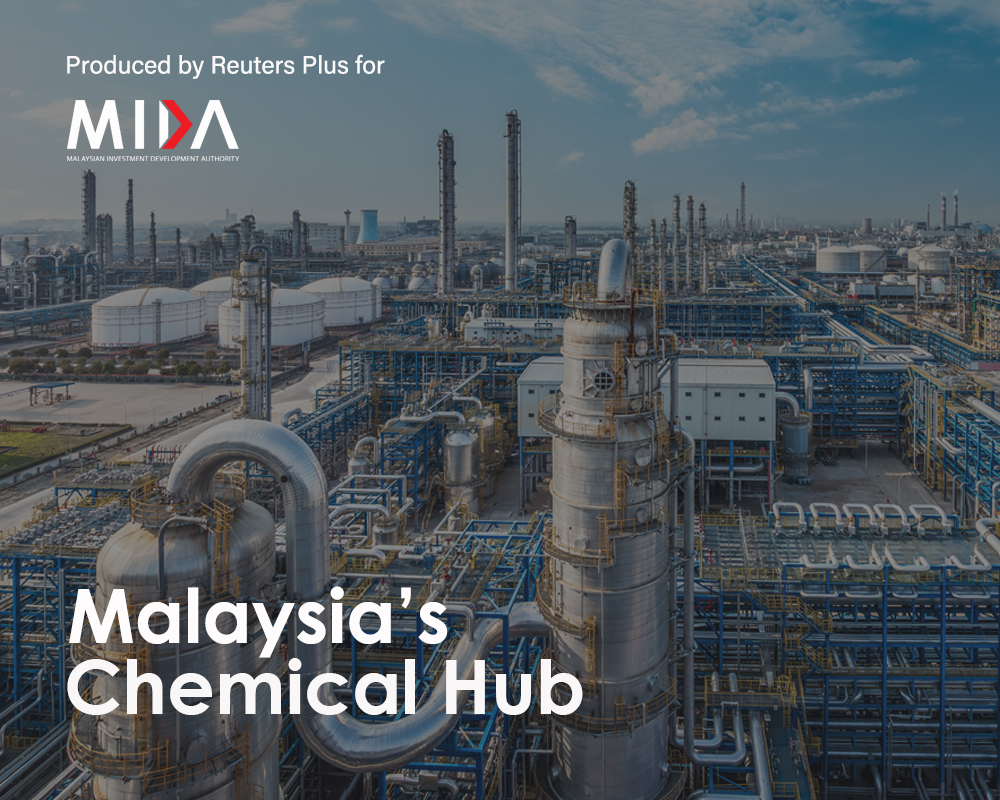MyPlast Sourcing Summit 2023 held today served as a dynamic platform to facilitate collaboration between small and medium enterprises (SMEs) and multinational companies (MNCs), catalysing growth and fortifying the local plastics supply chain ecosystem.
In a joint statement, the Malaysian Investment Development Authority (Mida) and the Malaysian Plastics Manufacturers Association (MPMA), as the organisers, said the inaugural event held for the plastics industry aimed to empower SMEs to adopt innovative approaches, thereby enhancing their plastic production capabilities.
With a turnout of over 130 participants, the summit brought together 10 MNCs and more than 20 plastics SMEs, including Texas Instruments Malaysia Sdn Bhd, Nestle Manufacturing (Malaysia) Sdn Bhd, Thong Guan Industries Berhad and The Dow Chemical Company.
“Through initiatives like the MyPlast Sourcing Summit, Mida and MPMA are committed to advancing the plastics industry to new heights in high-quality manufacturing, driven by advanced machinery, automation, and sustainable practices.
Mida chief executive officer Datuk Wira Arham Abdul Rahman said the plastic products industry in Malaysia is well-established, supporting the growth of many other important manufacturing industries, such as electrical and electronics, automotive, aerospace, medical devices, and food packaging.
“By nurturing collaboration between MNCs and local plastics manufacturers, initiatives like the MyPlast Sourcing Summit drive the growth of local enterprises, facilitating strides towards innovative and sustainable plastic manufacturing, aligning with the Malaysia Plastics Sustainability Roadmap 2021-2030,” he said.
Source: Bernama
MyPlast sourcing summit offers supply chain opportunities for local plastic SMEs
Content Type:
Duration:



